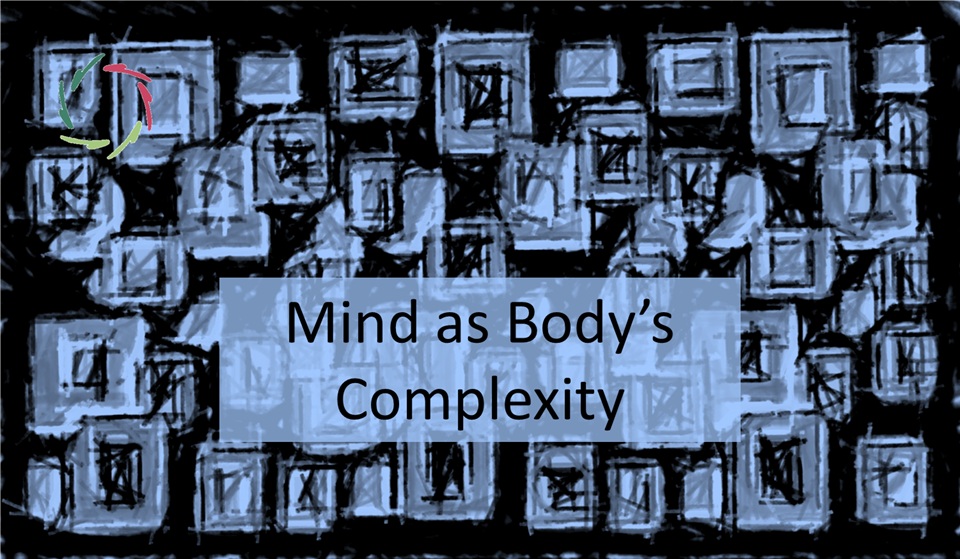About Concepts (From My PhD Thesis)

When talking about the ‘subconceptual’ [see About ‘Subconceptual’], it is also important to understand what is meant by ‘conceptual’. This is not a straightforward discussion.
According to the classical view of concepts, the definition of a concept is
“a proposition that gives a set of individually necessary and jointly sufficient conditions for being in the possible-worlds extension of the concept being analyzed.” [Internet Encyclopedia of Philosophy, IEP, http://www.iep.utm.edu/concepts]
This classical theory provides a profound grounding for the kind of philosophical inquiry that began with Socrates,
searching for answers to questions of the type “What is x?” – where ‘x’ is the nature of knowledge, the mind, or other similar entities. This presupposes that there is such a thing as the nature of knowledge or the nature of the mind, and also assumes that there are legitimate answers to such questions.
However, several objections have been raised to this classical theory, including the following:
- ‘Plato’s problem’: few – if any – classical analyses have ever been widely accepted, except in the case of logic and mathematics. In particular, no philosophically interesting concepts such as knowledge, justice and freedom of action have been analyzed successfully to date despite more than 2000 years of philosophical inquiry.
- Vagueness: given the existence of all necessary and jointly sufficient conditions, a classical analysis would logically lead to a precise extension of the concept being analyzed (in other words, for all x, x is either definitely or definitely not in the extension of C). This is seldom true. Terms such as ‘bleak’, ‘healthy’ and ‘myocardial infarction’ all have cases where it is unclear whether the term applies. In other words, the concepts expressed by these terms have vague extensions and no precise boundaries.
- Problems involving typicality effects: humans sort at different speeds and at different levels of reliability depending on the typicality of the objects being sorted. For instance, swallows are more readily sorted into the bird category than are penguins or ostriches.
Today, there are several competing views of conceptuality.
These include the prototype theory of concepts (where agents employ lists of typical but non-defining features), and the exemplar theory of concepts (where agents employ a representation of a paradigmatic or most exemplary instance of a concept).
According to me, this problem can be satisfactorily resolved by treating ‘concept’ itself as a term with two distinct meanings
depending on the point of view taken. Concepts are either entities that exist in the mind – or at least depend on it – or they exist independently of the mind. This latter independent formulation is the Platonic view to which classical theory applies. Therefore, there are no discussions that involve a single definition of ‘concept’, but instead discussions that use a single term to represent two very different things.
The objections listed above are objections to the Platonic view of concepts, which have little place when talking about concepts that exist within or depend on the mind.
When addressing mental concepts, it is natural to go ‘beyond concepts’.
Even when thinking conceptually, we naturally live and think in a more subconceptual way than is evident at first glance. The prototype and exemplar definitions of concepts offer no refuge, since if concepts such as for ‘defining features’ are introduced into the definition of concepts, the same objections apply.


